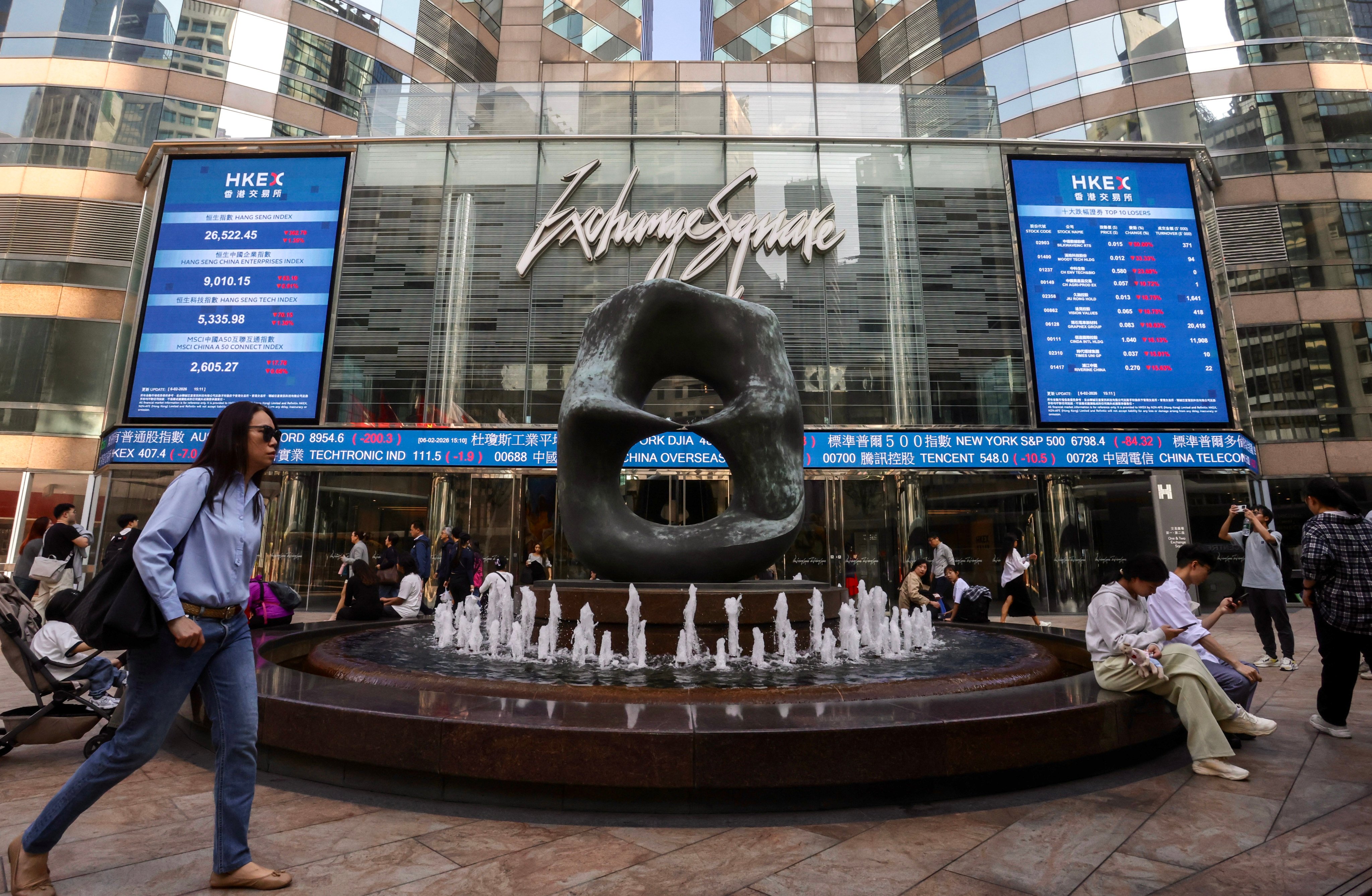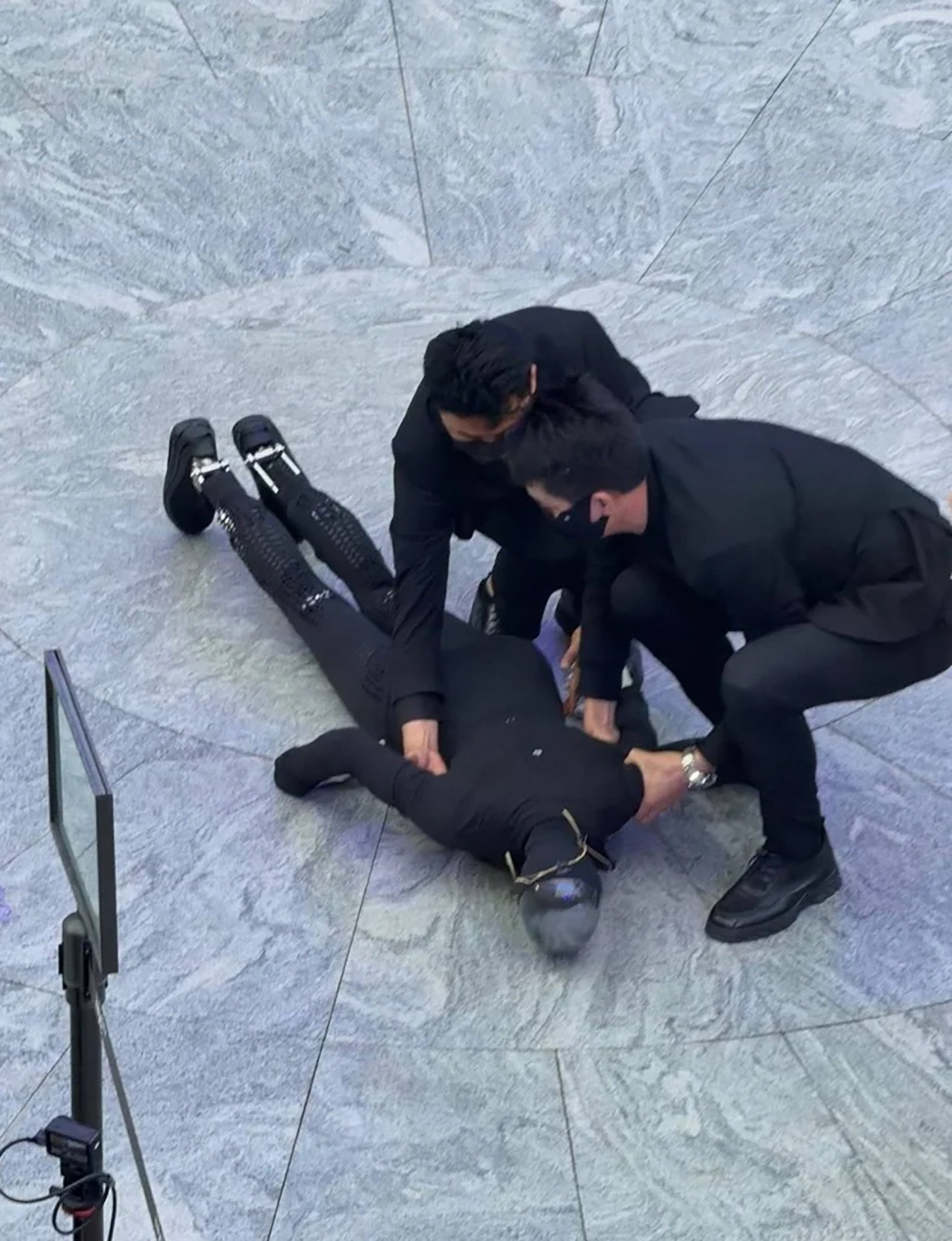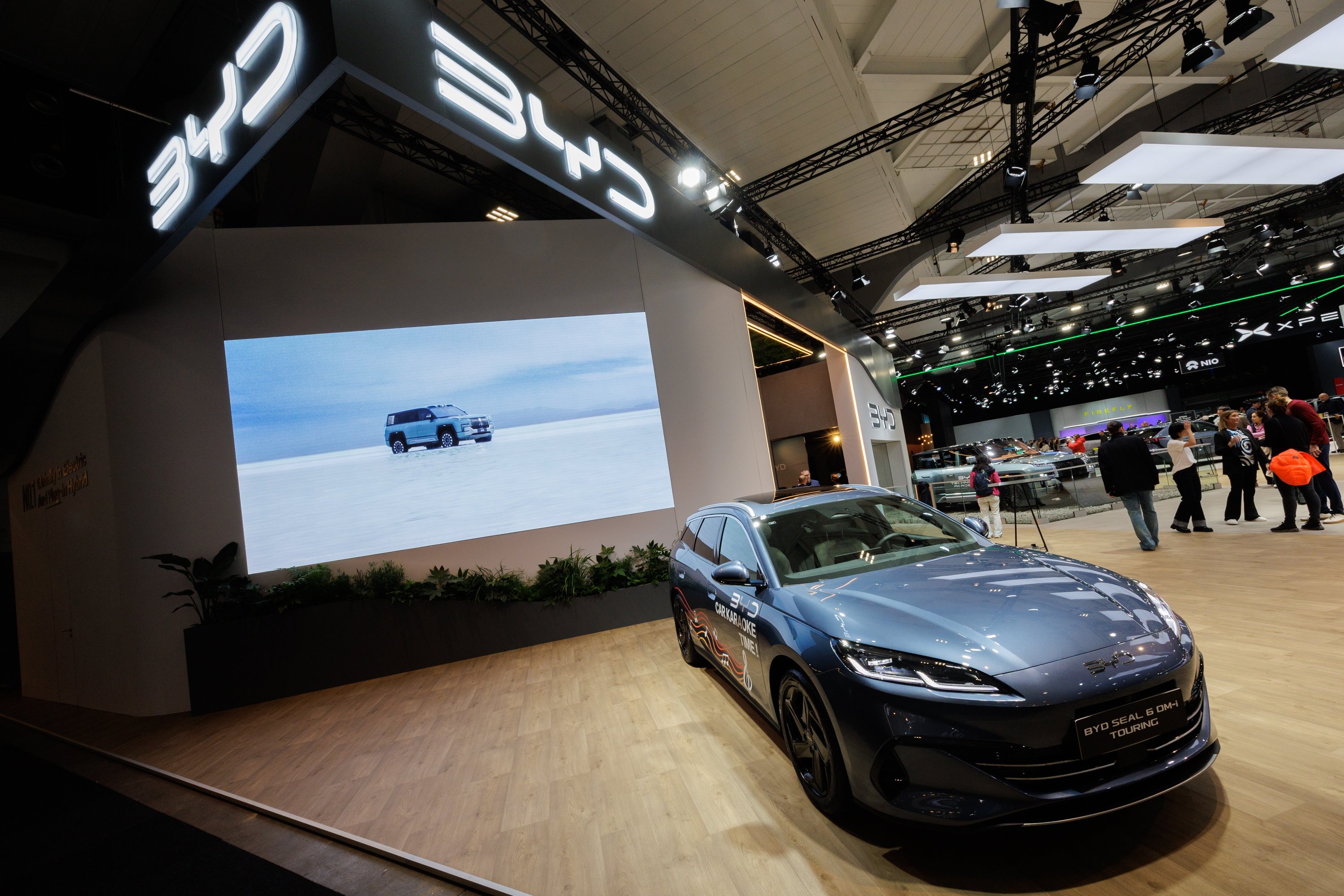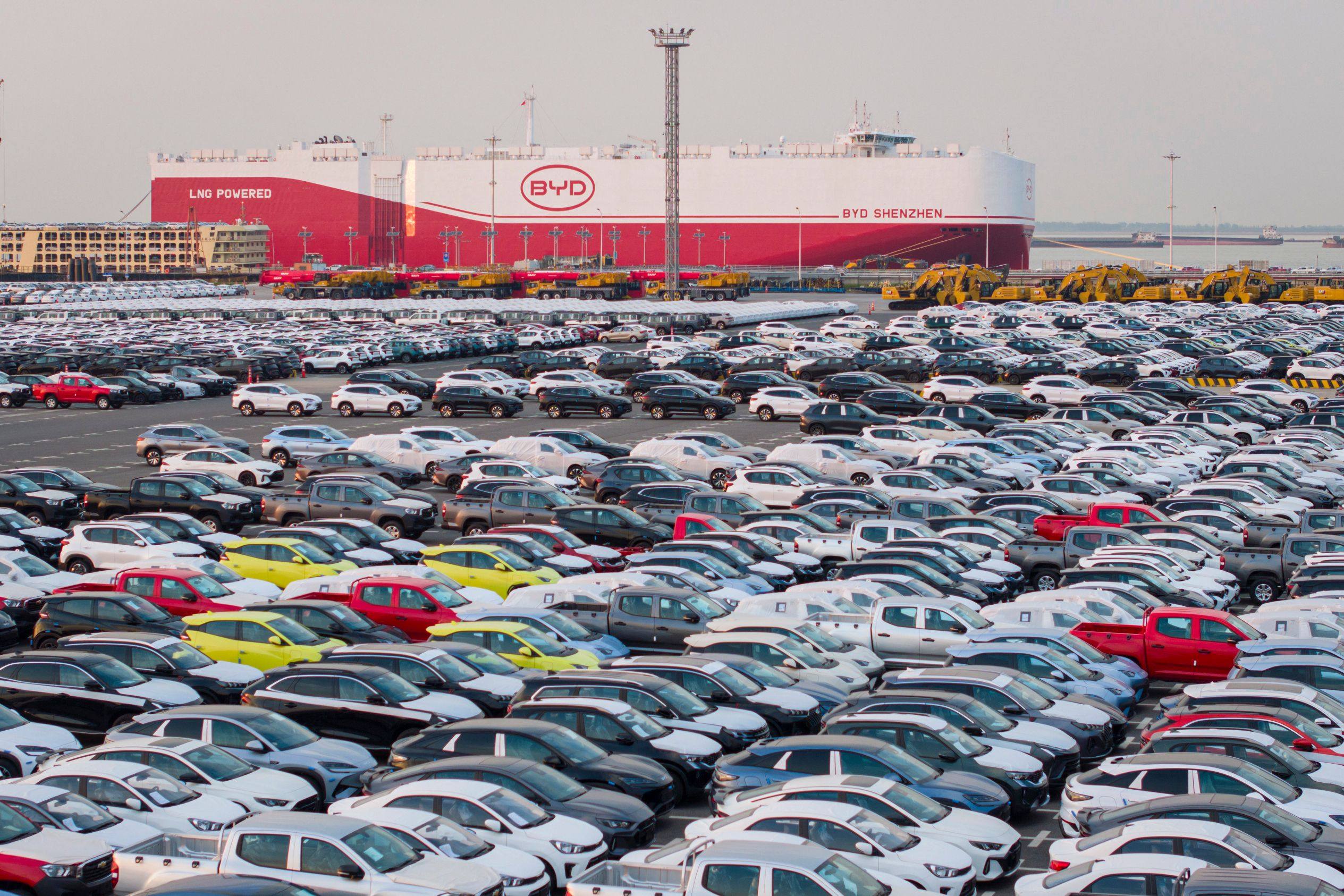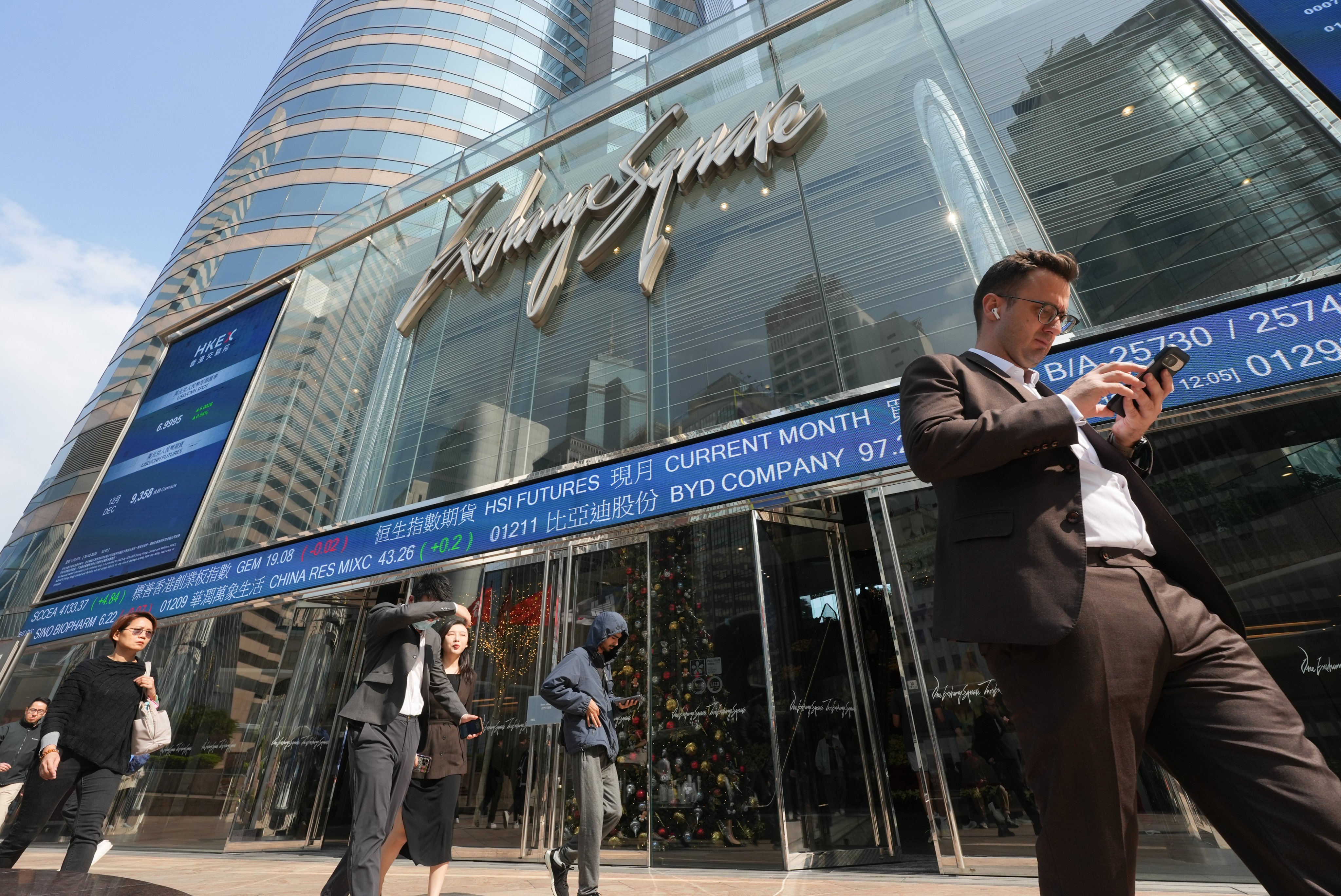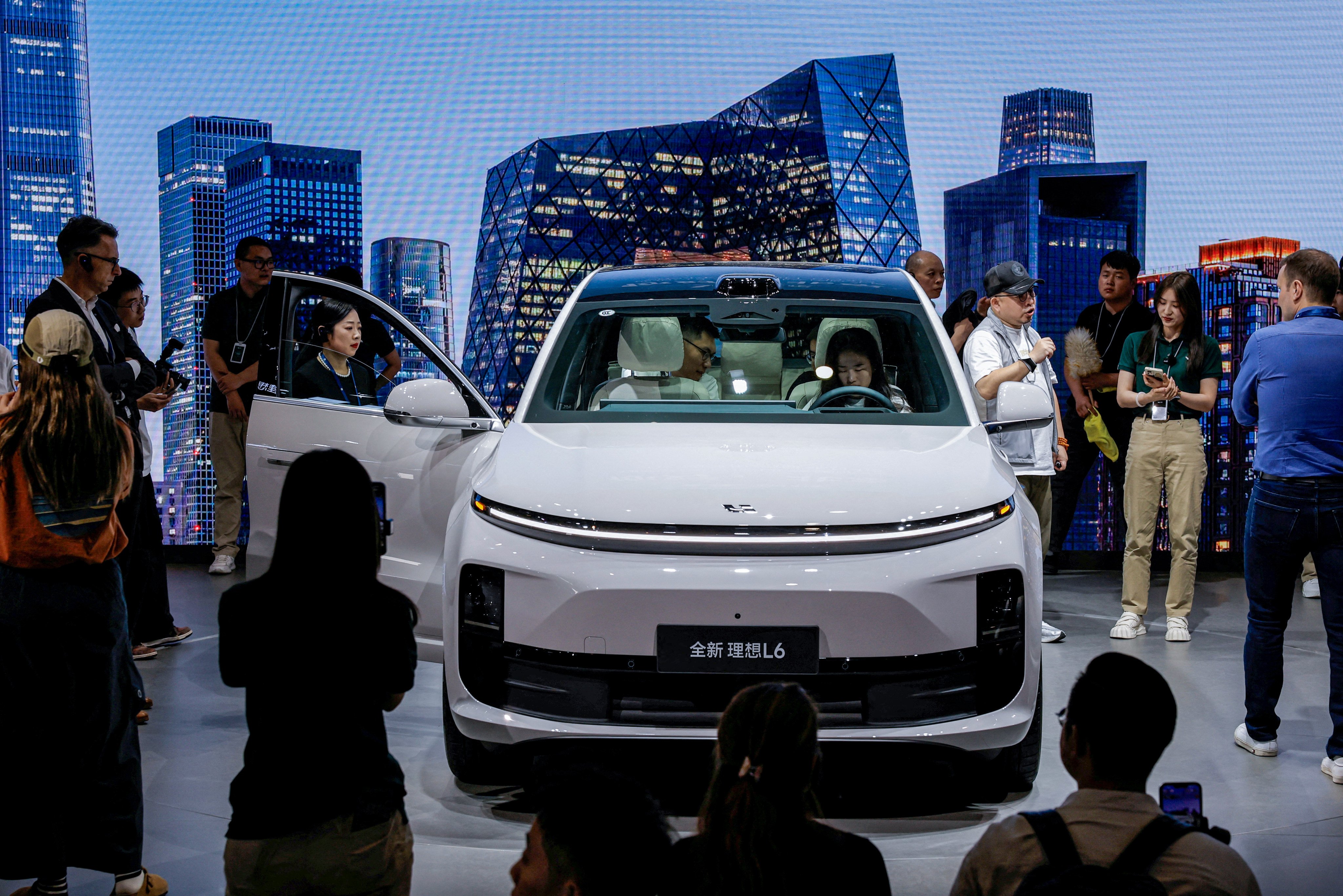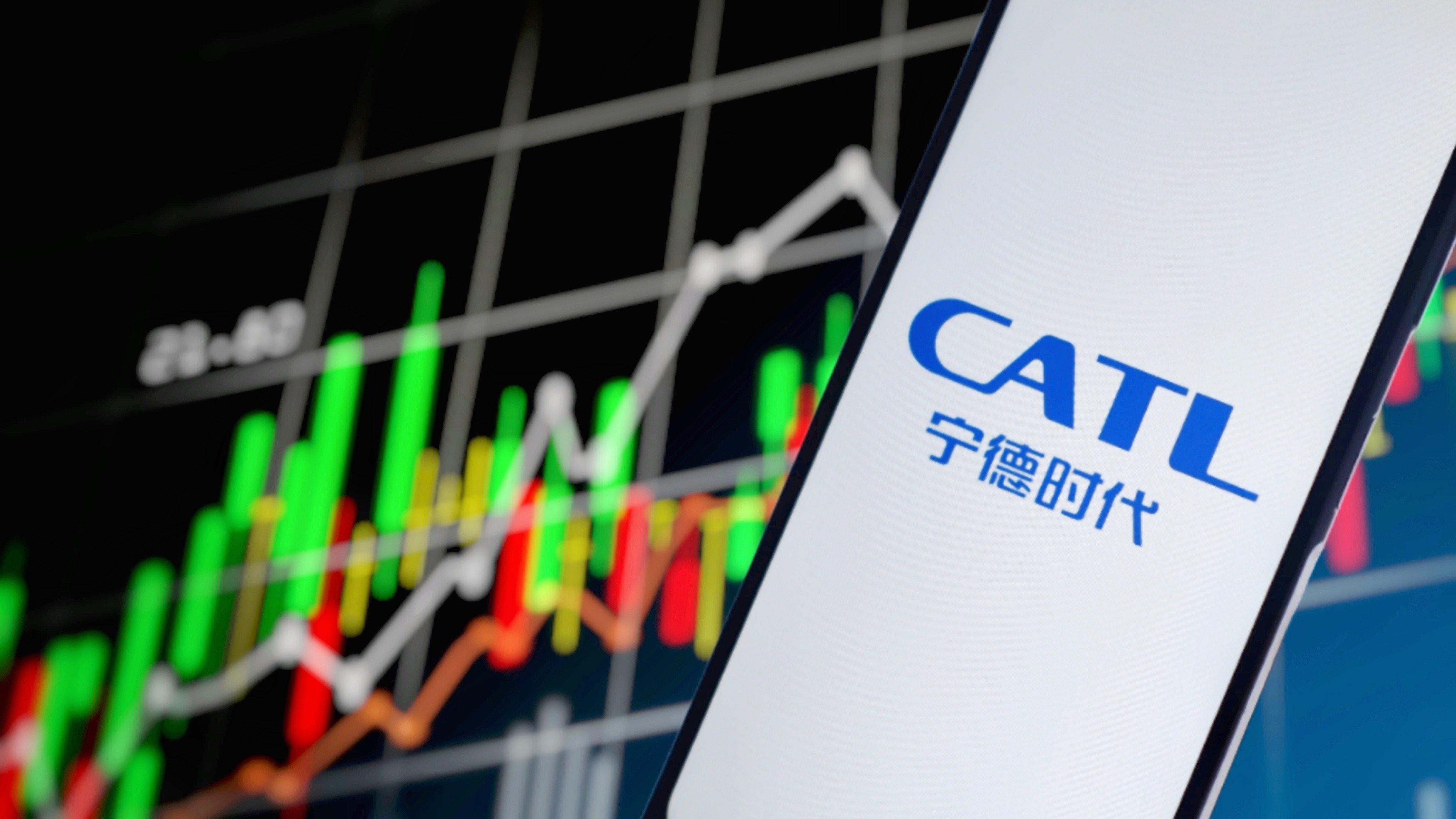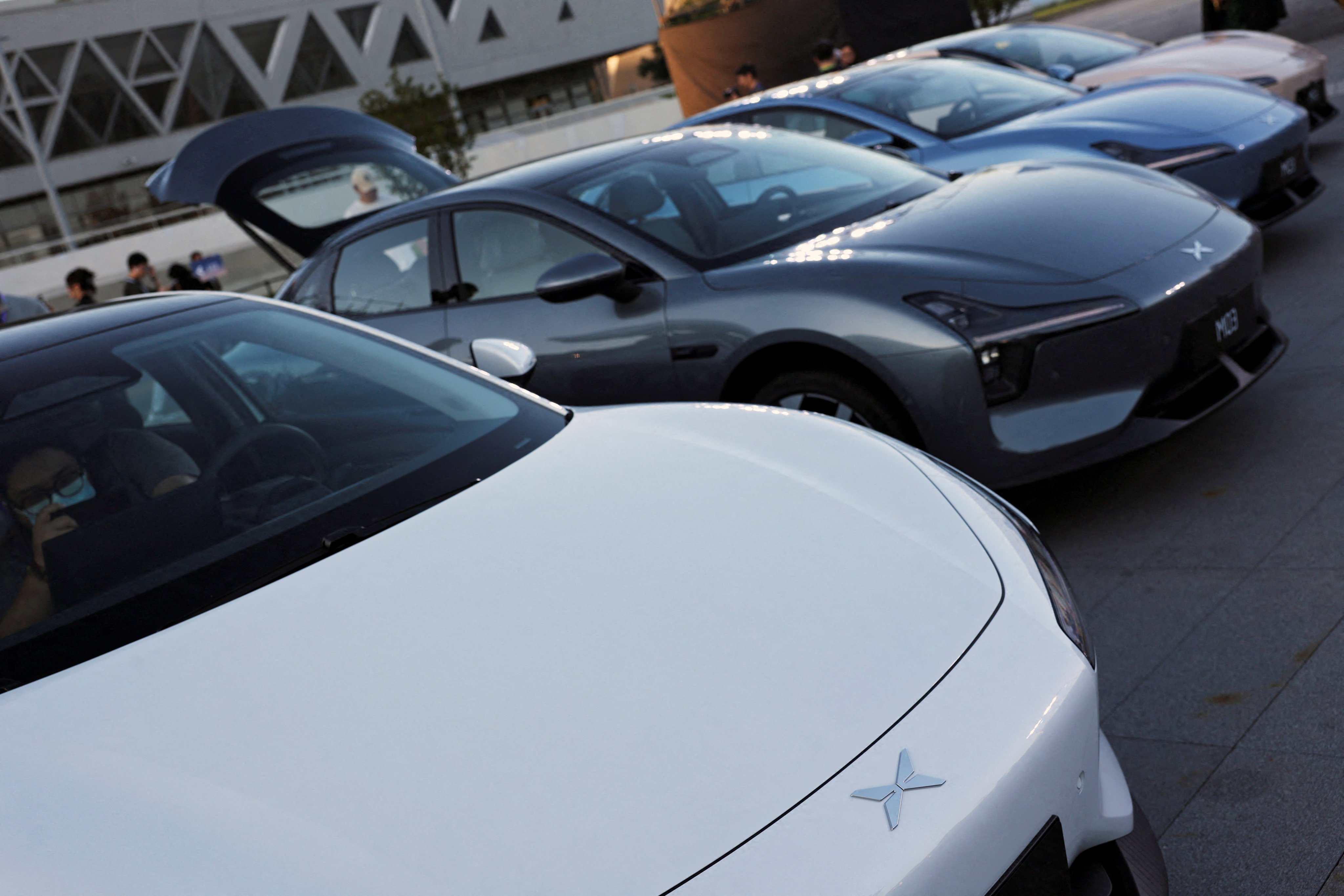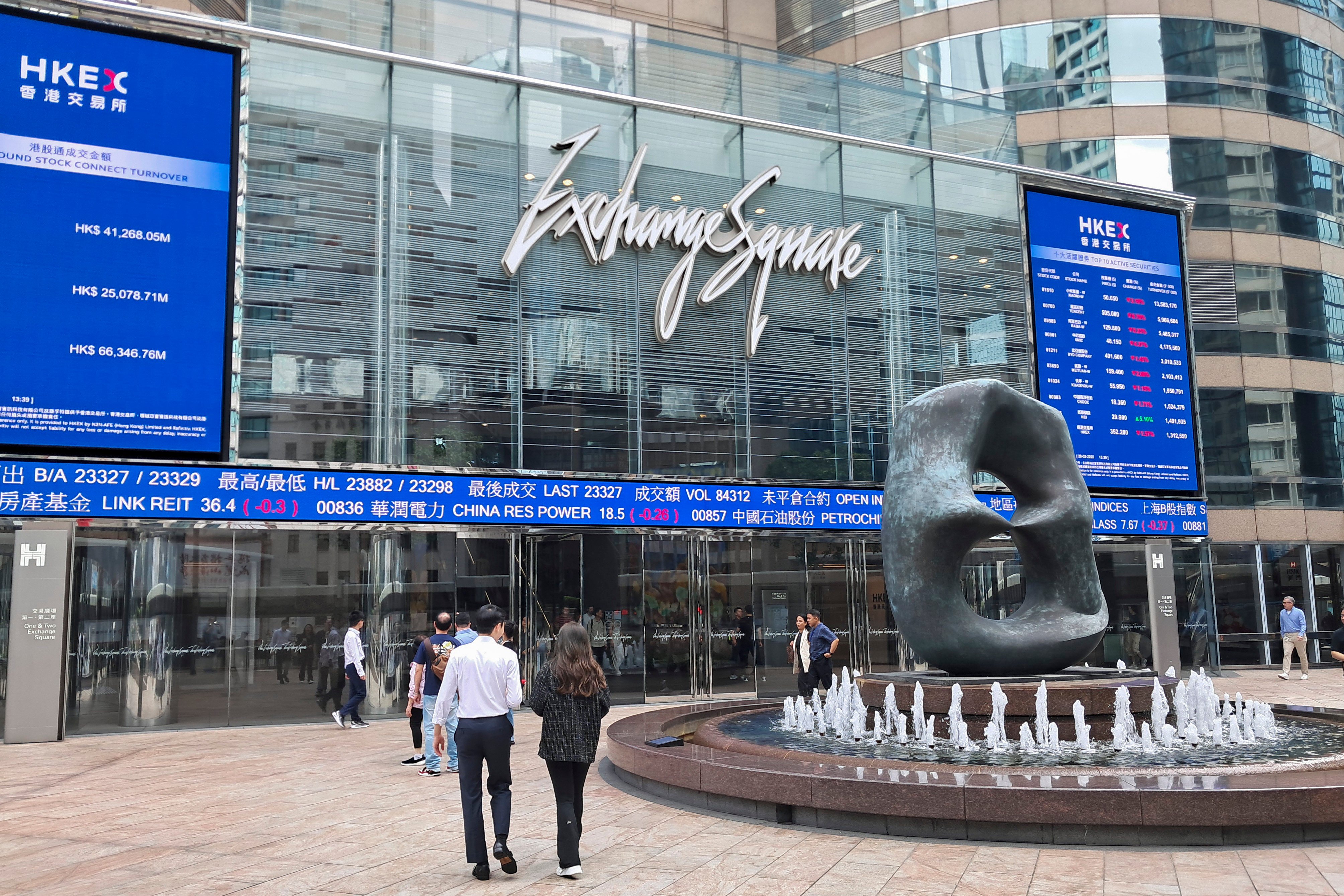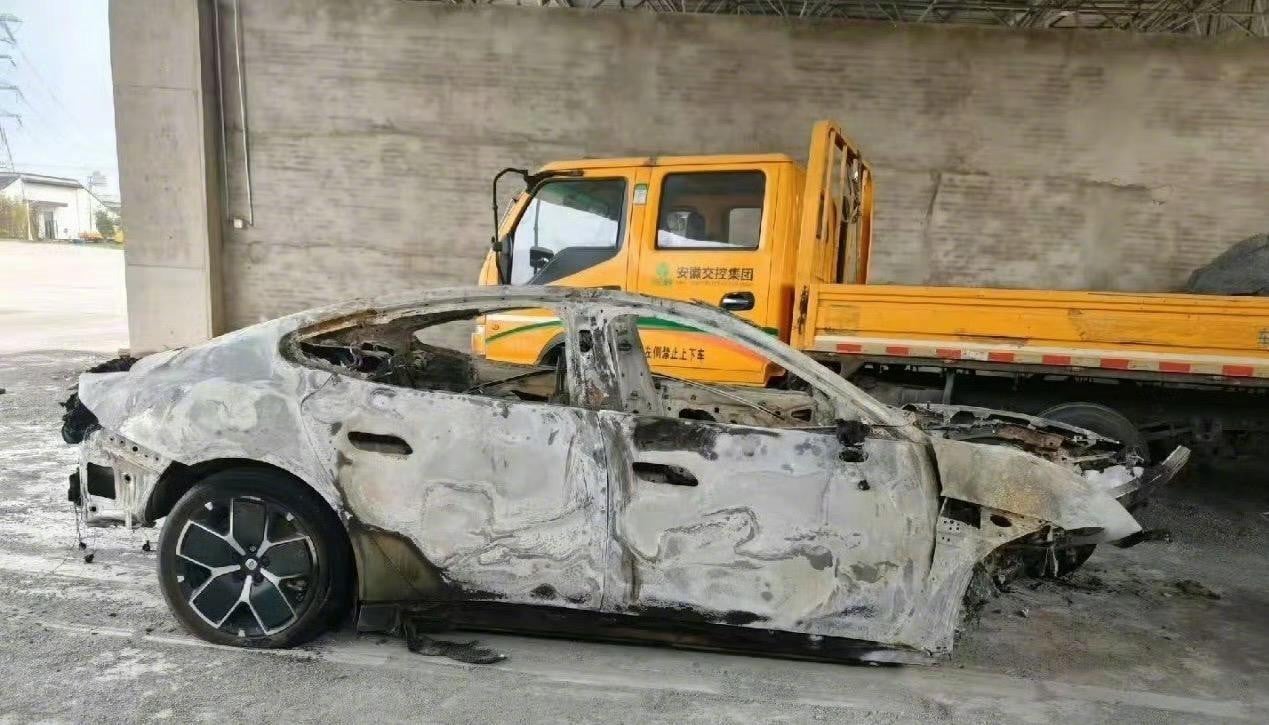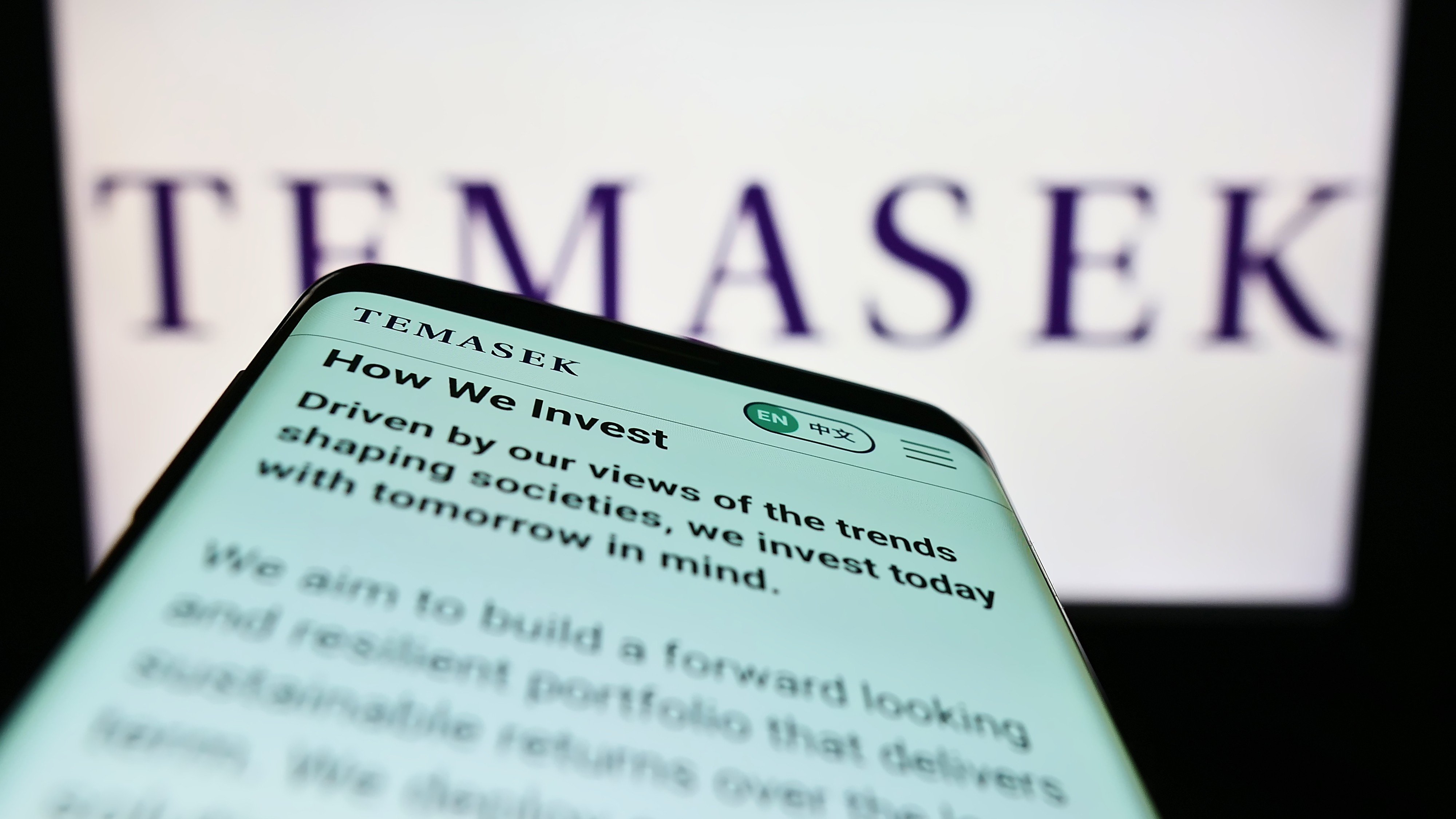Advertisement
Advertisement

TOPIC
/ company
Li Auto
Related Topics:

Li Auto
Li Auto was founded in China in 2015 by entrepreneur Li Xiang. It primarily produces hybrid electric vehicles. The company has also started to manufacture pure electric vehicles, targeting the luxury segment with its maiden launch in March 2024 of a seven-seater multipurpose vehicle.
Chairman / President
Li Xiang
CEO / Managing Director
Li Xiang
CFO / Finance Director
Li Tie
Industry
Automotive
Website
lixiang.com
Headquarters address
R&D Headquarters, Number 11 of Wenliang Street, Shunyi District, Beijing, China
Stock Code
SEHK:2015
NASDAQ:LI
NASDAQ:LI
Year founded
2015
Help preserve 120 years of quality journalism.
SUPPORT NOWAdvertisement
Advertisement
Advertisement
Advertisement
Advertisement
Advertisement
Advertisement
Advertisement
Advertisement
Advertisement
Advertisement
Advertisement
